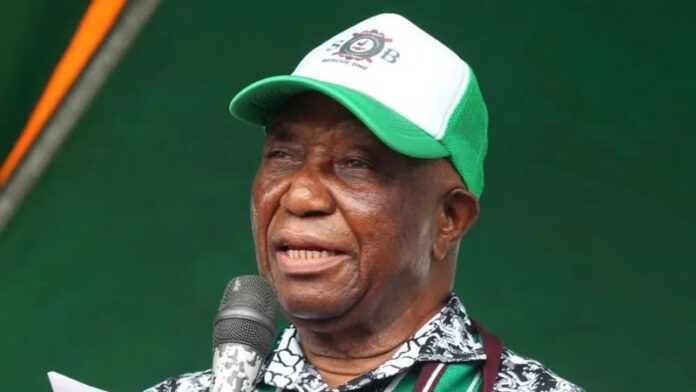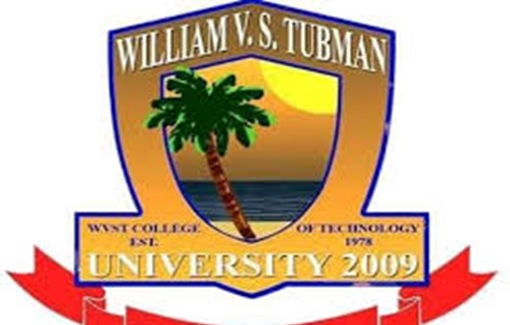In Liberia, rumors are swirling that President Joseph Boakai harbors more fear for his own party officials than for his primary opposition. Sources within the ruling party suggest that this anxiety stems from the President’s advancing age—he is 80 years old—and the growing competition among senior party members for his potential successor.
As President Boakai serves a single term, whispers of a power struggle have emerged. Reports indicate that some appointments made by the President have been undermined by party officials, who have either listed individuals not appointed by him or failed to confirm those he selected. This behavior illustrates a troubling scramble for power among the President’s own allies.
Furthermore, concerns arise regarding Vice President Koung, who has ties to former rebel leader Prince Johnson. There is a belief that Koung’s ascension could pave the way for Johnson’s influence in the presidency. Consequently, President Boakai has opted to appoint non-party officials as acting heads of state during his travels. Notably, the Minister of State, often viewed unfavorably within party circles, has been left to manage government affairs in the President’s absence. In fact, he is considered one of the most trusted of Boakai’s officials. In instances where both travel together, the Justice Minister, Oswald Tweah—an outsider to the ruling party—takes charge.
This situation reveals a significant trust issue among United Party officials, raising questions about the stability and unity within President Boakai’s administration. As the political landscape continues to shift, the dynamics within the ruling party will be pivotal in the lead-up to the next election.







